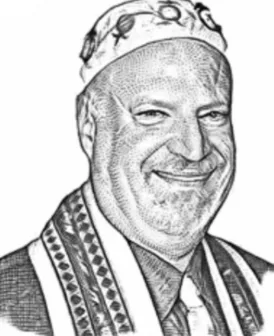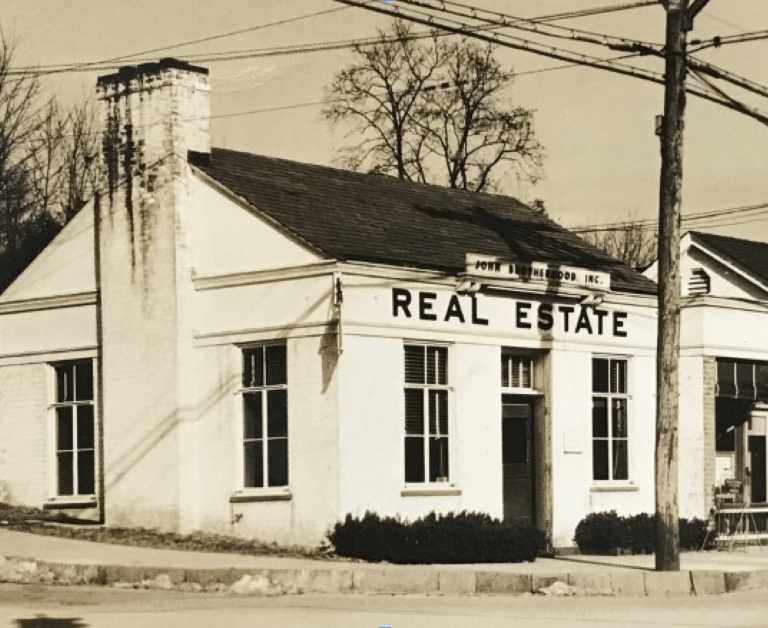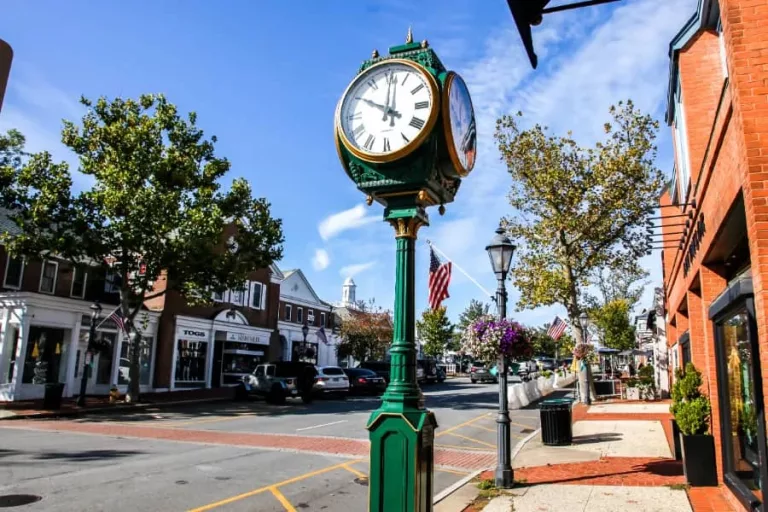
By Rabbi Mitchell Hurvitz
Within our present Torah reading cycle, we now read from the stories of Genesis. One of my personal favorites is the story of Noah and the Ark.
Within my office, I treasure an original painting (pictured above) of Noah’s Ark by my dear friend, Carol Ann Henderson.
And in my childhood memory, I fondly recall singing the song “Rise and Shine:” The Lord said to Noah: There’s gonna be a floody, floody…Get those children out of the muddy, muddy… Children of the Lord … Rise and shine and give God the glory, glory …
An anonymous and humorous internet teaching states that everything we need to know about life, we can learn from Noah’s Ark:
• Don’t miss the boat.
• Remember that we are all in the same boat.
• Plan ahead. It wasn’t raining when Noah built the Ark.
• Stay fit. When you’re 600 years old, someone may ask you to do something really big.
• Don’t listen to critics; just get on with the job that needs to be done.
• Build your future on high ground.
• For safety’s sake, travel in pairs.
• Speed isn’t always an advantage. The snails were on board with the cheetahs.
• When you’re stressed, float a while.
• Remember, the Ark was built by amateurs; the Titanic by professionals.
• No matter the storm, when you are with God, there’s always a rainbow waiting.
On a serious note, however, there are many poignant lessons to learn from the Genesis story of Noah and the Ark and then soon after the story of Abraham. Genesis reports, “Noah was a virtuous man, unblemished in his generation. Noah walked with God. Later, we read, “God says to Abraham: Walk before Me; and you will be pure.”
Rabbinic tradition states that both Noah and Abraham are “pure” men. But, the Rabbis ask: what is the difference between the two Biblical heroes, and who was the better man between them?
The rabbinic debate over the centuries asserted different answers:
• The people around him were all bad when Noah lived, yet Noah remained unblemished. If Noah had lived in another generation like Abraham, he would have been an even greater man, for he walked with God.
• Abraham walked before God because he didn’t require God’s help to stand up; his righteousness supported him. Noah required God’s help to stand upright.
• In Noah’s generation, people were so bad that God destroyed the earth with a great flood, and Noah rode out the flood in an ark he built with his own two hands. Without Noah, neither humanity nor the animal kingdom would have survived.
• In Abraham’s era, people were also bad, and because of this, God destroyed the cities of Sodom and Gomorrah with fire and brimstone. Abraham didn’t build an Ark, but he saved a few people. But, unlike Noah, he tried to save the doomed people. He argued and pleaded with God. He couldn’t save them, but at least he tried.
Ultimately, the majority rabbinic view is that Abraham was the more remarkable. Noah was silent before God, but Abraham spoke up. Noah followed God’s command and saved the animals and his family but did nothing to help his fellow human beings avoid the cataclysmic consequences of their evil ways. Abraham spoke up and was willing to argue with God when the lives of others were at risk.
The Hebrew meaning of Noah’s name is “Rest.” Noah rested when more significant action was required to attempt to save humanity.
Elie Wiesel wrote: “To remain silent and indifferent is the greatest sin of all.” Noah sinned because he remained silent.
If someone threatens another’s life, and a witness to this is silent, then they too are guilty. God commands us: “Do not stand idly by the blood of your fellow.”
If someone is in a position to try and save another, they must attempt their best, and this Jewish legal principle is paramount. It is called “Pikuach Nefesh” – Preservation of Life. All ritual laws are suspended when one must observe the mitzvah of Pikuach Nefesh, and this is why people employed in professions like doctors, nurses, firefighters, police, paramedics, etc., are always permitted to work on the Sabbath.
The Talmud records the teaching that “if one saves one person, it is as if they have saved an entire world.” Noah was silent, and the entire world was destroyed. His silence significantly diminished Noah’s righteousness. If we are like Noah and refuse to challenge and speak up as needed, we also diminish our righteousness.
Abraham walked before God. He understood the mission to be a “light unto the nations.” When we walk before God, we take over for God when we feel God’s absence, and this is when we succeed to “rise and shine and give God the glory…”
Shabbat Shalom.
Temple Sholom’s Senior Rabbi Mitchell M. Hurvitz is a scholar, teacher, community activist and preacher, and is recognized as one of the prominent religious leaders in the Greenwich area and beyond. A frequent guest speaker at synagogues and churches, study groups, community institutions and universities, he is a charismatic personality who engages individuals and stimulates hearts and minds. His teachings can be found in Greenwich Sentinel and in other local and national publications.



